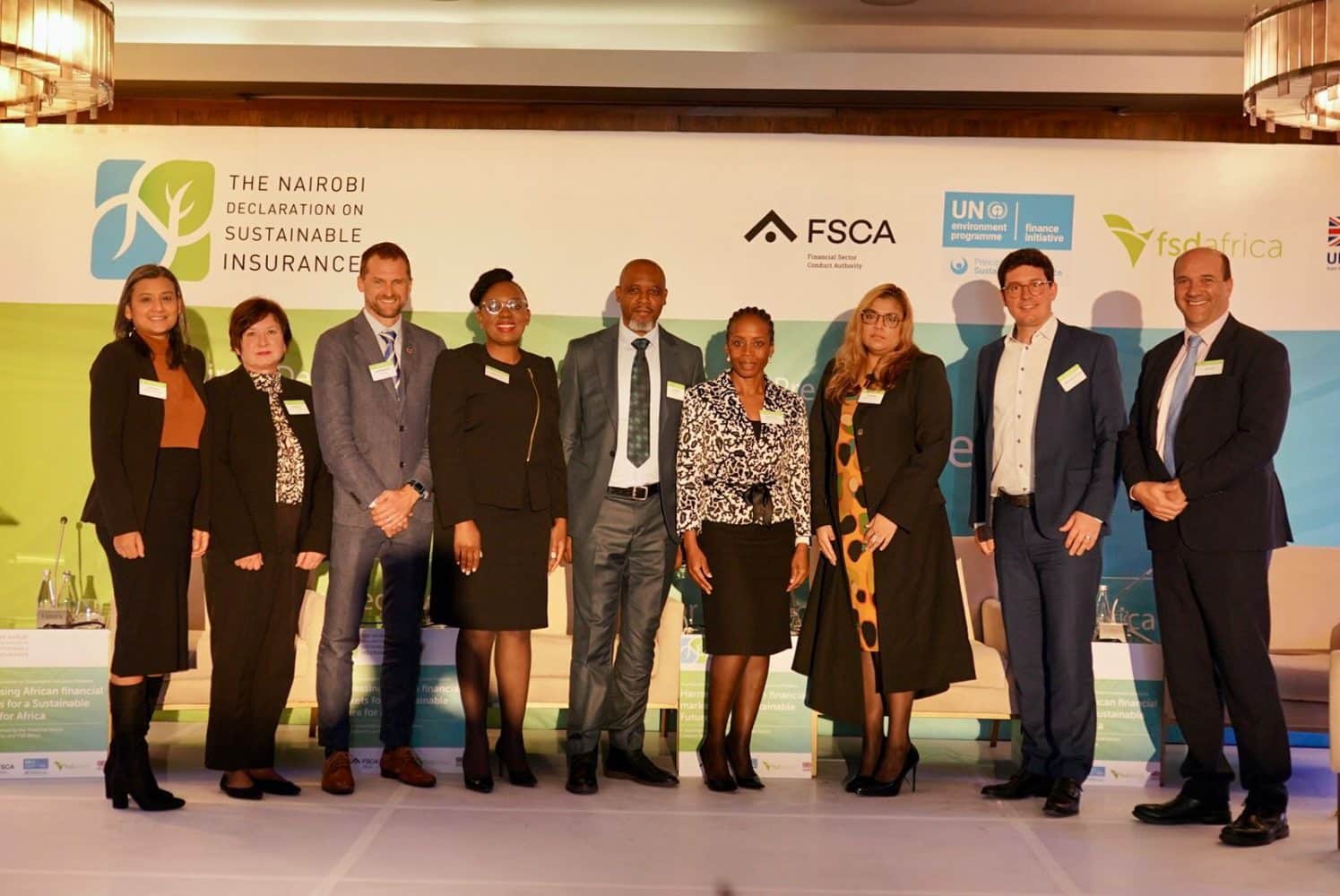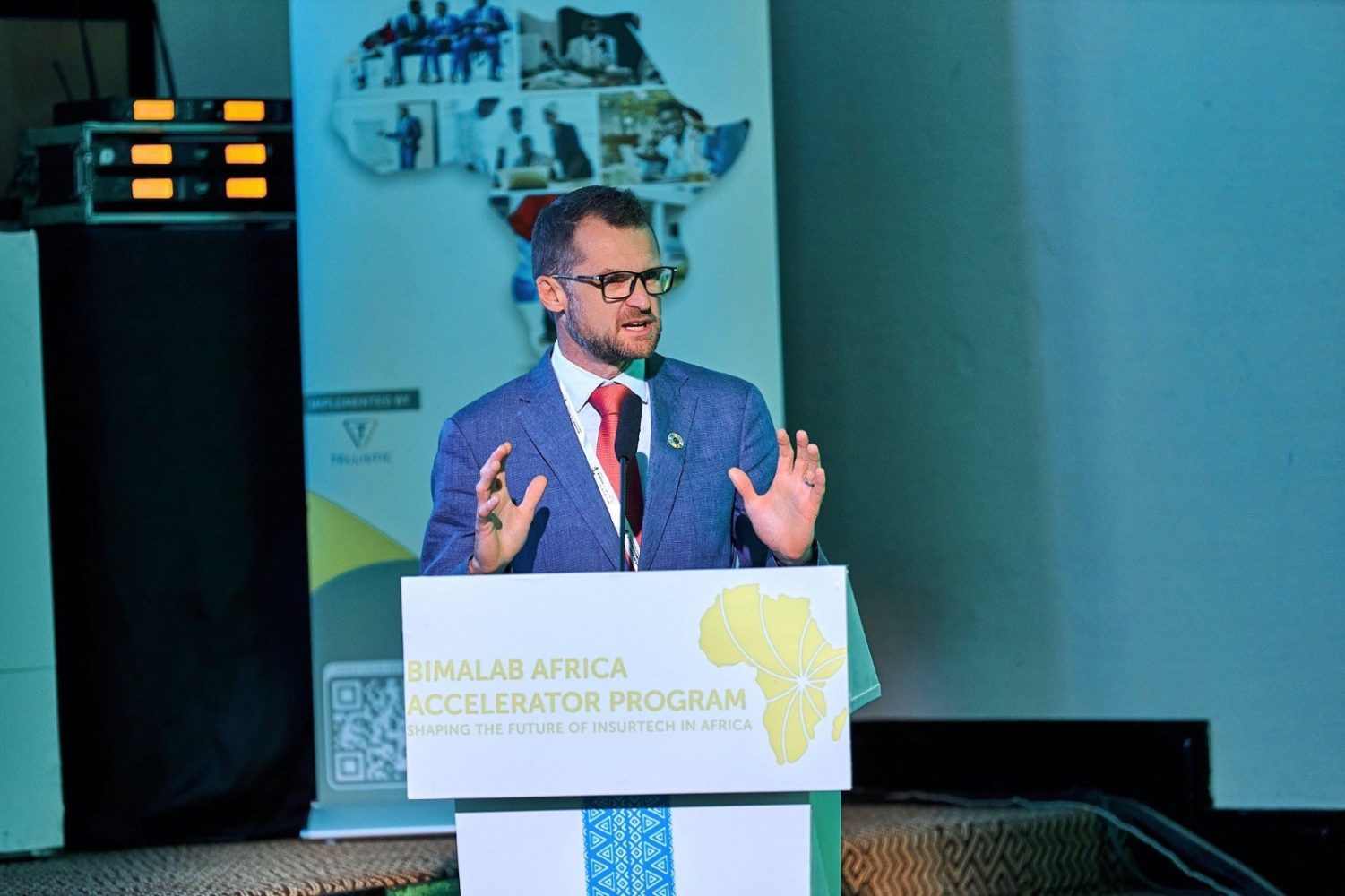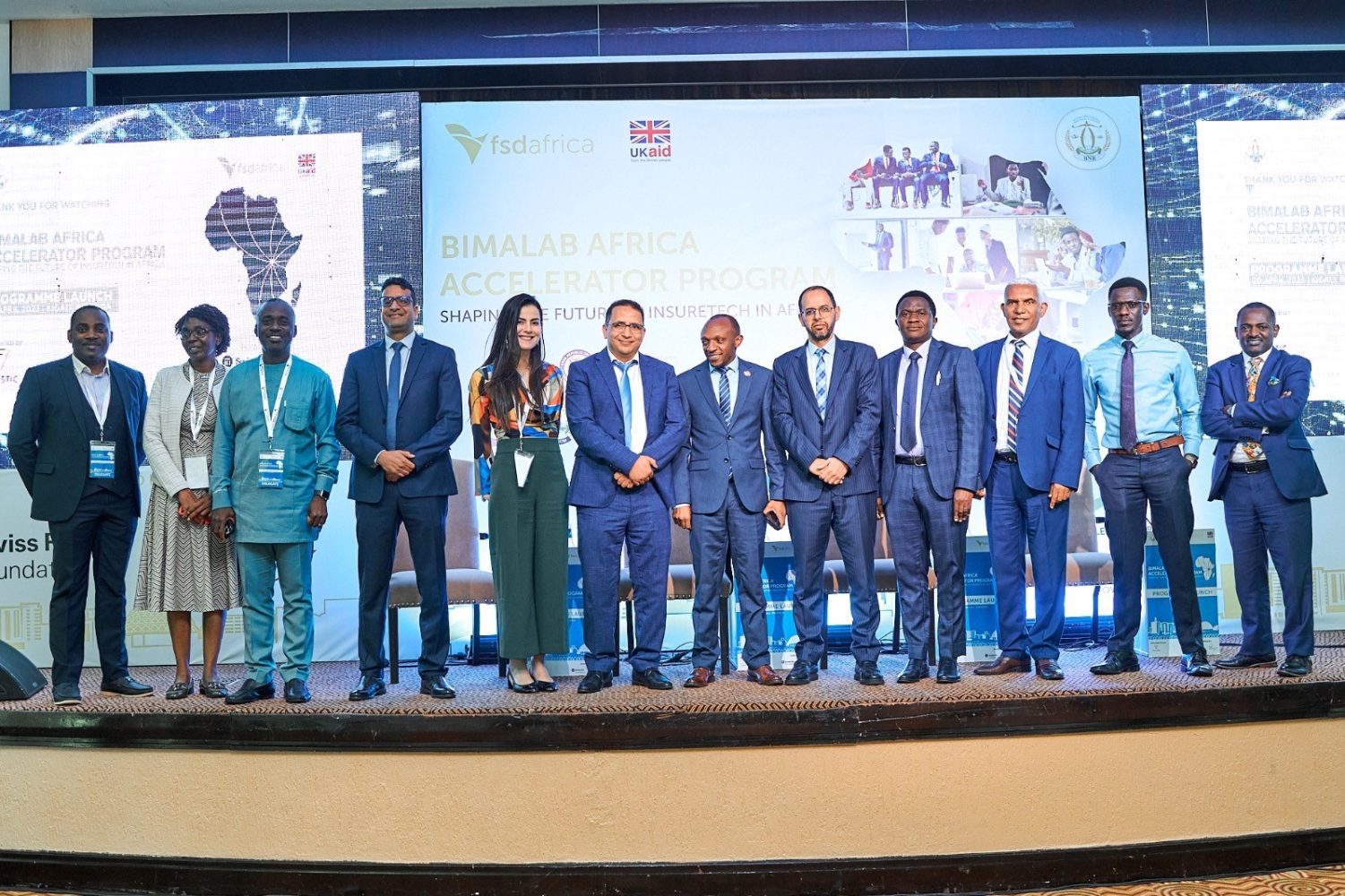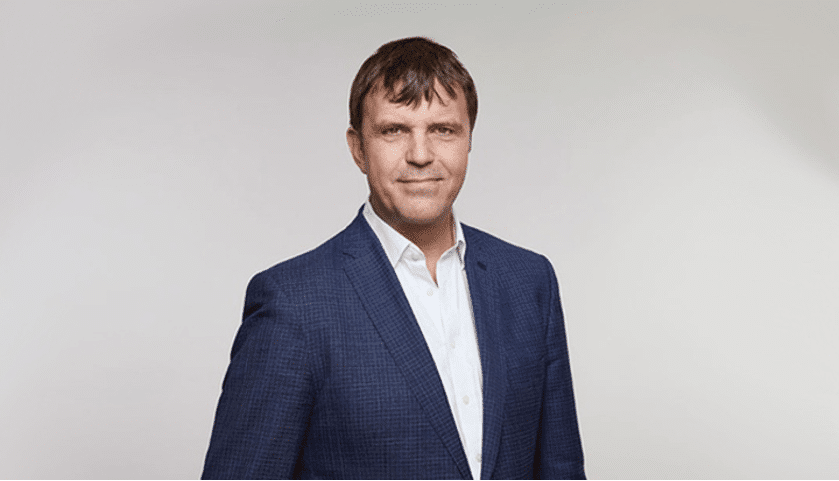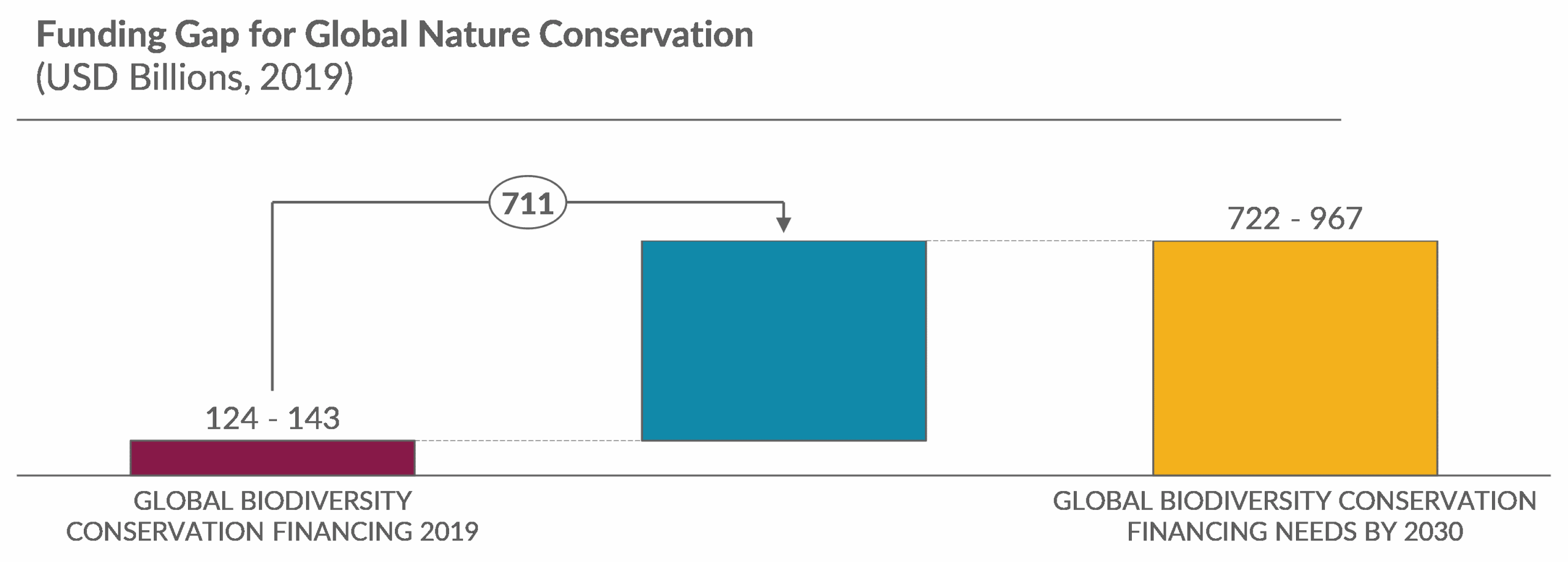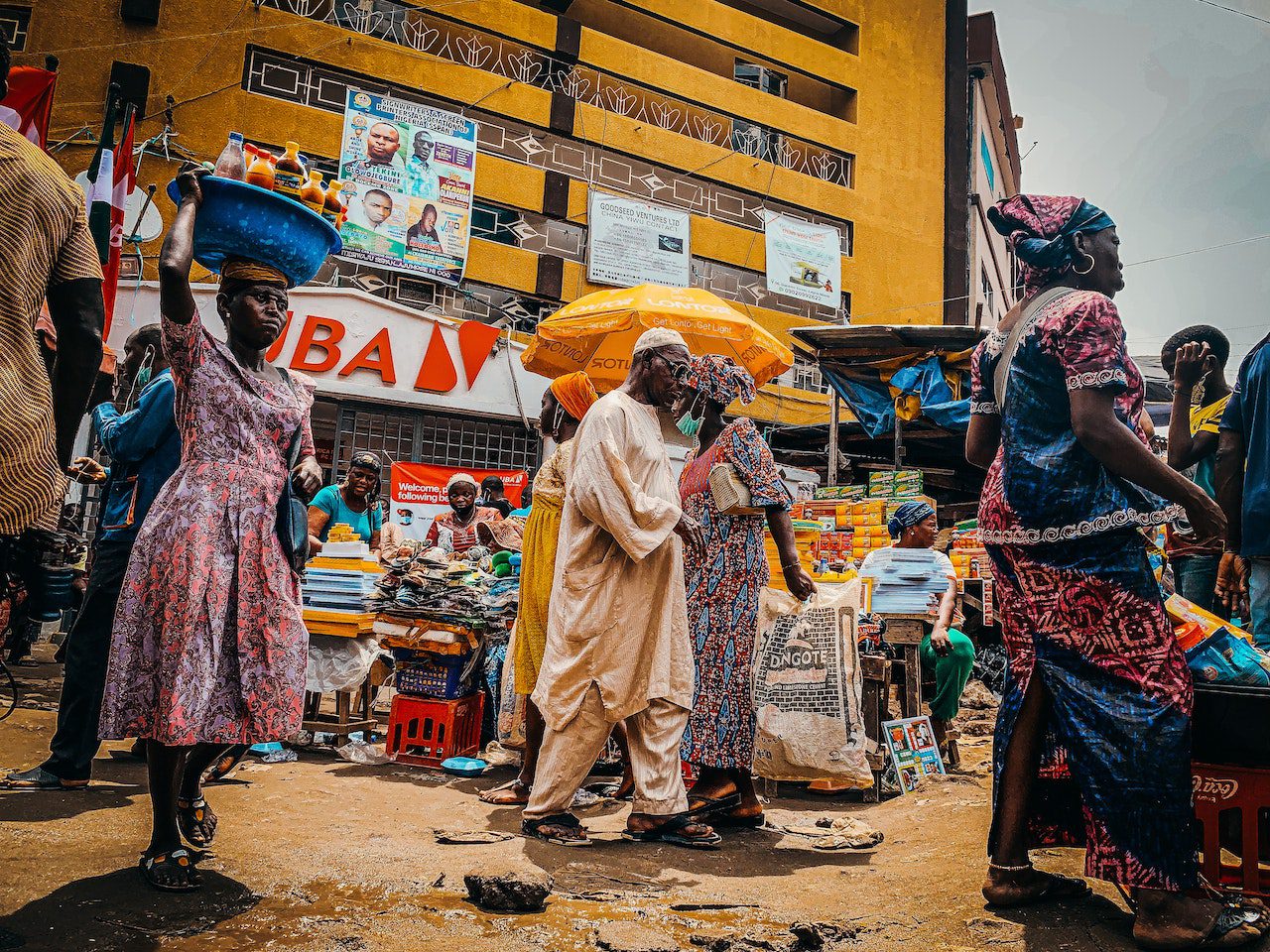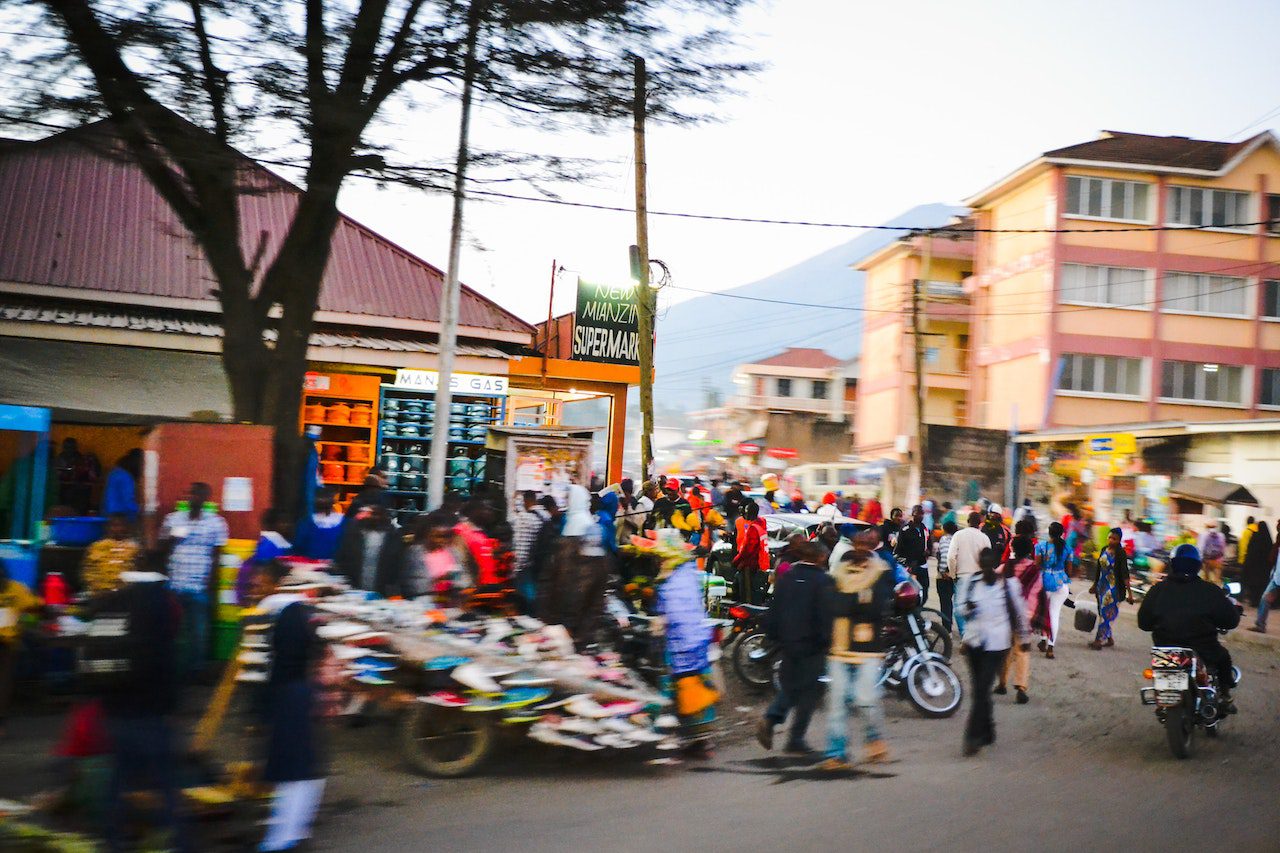May 12th, 2023, JOHANNESBURG – South African insurance stakeholders have stressed the importance of all businesses across Africa in engaging with the net-zero ambitions, agreeing that by playing its role, the insurance industry will be critical in building a sustainable environment for the future.
FSD Africa and the Financial Sector Conduct Authority (FSCA) held a C-Suite breakfast session with CEOs of South Africa’s Insurance Industry and Regulators with a call to action to commit to the Nairobi Declaration on Sustainable Insurance as a first step toward creating a sustainable insurance industry and building resilience for the continent.
The event was an opportunity to cover the risks, challenges and opportunities facing the South African insurance industry in adapting to and mitigating climate change and responding to broader sustainability objectives. The session highlighted key considerations for South African insurance market players to enhance the resilience of the South African economy and have a responsive sector primed for contributing toward a more sustainable future. It is estimated that South Africa holds 70% of the African insurance industry’s market premiums1. As investors and stewards of significant financial resources, the sector must consider the role they play on the continent in driving sustainability objectives.
Formally launched in April 2021, the Nairobi Declaration on Sustainable Insurance (NDSI) is a declaration of commitment by African insurance industry leaders to support the achievement of the UN Sustainable Development Goals (SDGs). The Declaration was first unveiled in Nairobi, Kenya, at the UN Environment Programme’s Principles for Sustainable Insurance (PSI) initiative 4th Africa summit – hosted by ICEA LION Group as a founding signatory – and momentum continues to build.
With backing from more than ten inaugural signatories, the Declaration brings together senior leaders to accelerate solutions to a set of major sustainability challenges – ranging from climate change and ecosystem degradation to poverty and social inequality – that have assumed even greater urgency in a post-Covid-19 world. Currently, 102 organisations across the continent have signed up to the declaration.
Since its launch, FSD Africa has supported the Declaration through a series of events and thought leadership engagements as it encourages more institutions to sign up. The first in a series of planned C-Suite meetings was hosted in Lagos, Nigeria, in March 2022 by UNEP, FSD Africa and the National Insurance Commission (NAICOM) of Nigeria. Other C-Suite events have been held in Cairo, Egypt, Nairobi, Kenya and Addis Ababa, Ethiopia.
Speaking during the event, Kelvin Massingham, Director, Risk and Resilience, FSD Africa said: “Mainstreaming resilience into Africa’s economic development is essential to secure future prosperity and sustainable growth. Now is the time for the African insurance sector to play the significant role it should in creating this resilience. The Nairobi Declaration on Sustainable Insurance’s proactive and market-based approach is exactly what we need, and the commitment today is a strong statement to work together towards an African-led solution.”
Unathi Kamlana, Commissioner, Financial Sector Conduct Authority said” The financial sector is fundamental as an allocator of capital within an economy. We will continue working collaboratively with stakeholders, in South Africa and more broadly, to ensure that our sector is efficiently and effectively able to intermediate and direct capital flows in support of sustainable outcomes, while appropriately pricing for risks and promoting investor confidence.”
Anthony Phillipson, British High Commissioner to South Africa, said: “The financial sector has a key role to play in delivering our climate commitments. I am happy to see that sustainable finance is fast becoming a cornerstone of our UK-South Africa green partnership. I particularly welcome collaboration to strengthen capacities and embed sustainable practices across the insurance and pension industries in South Africa.”
